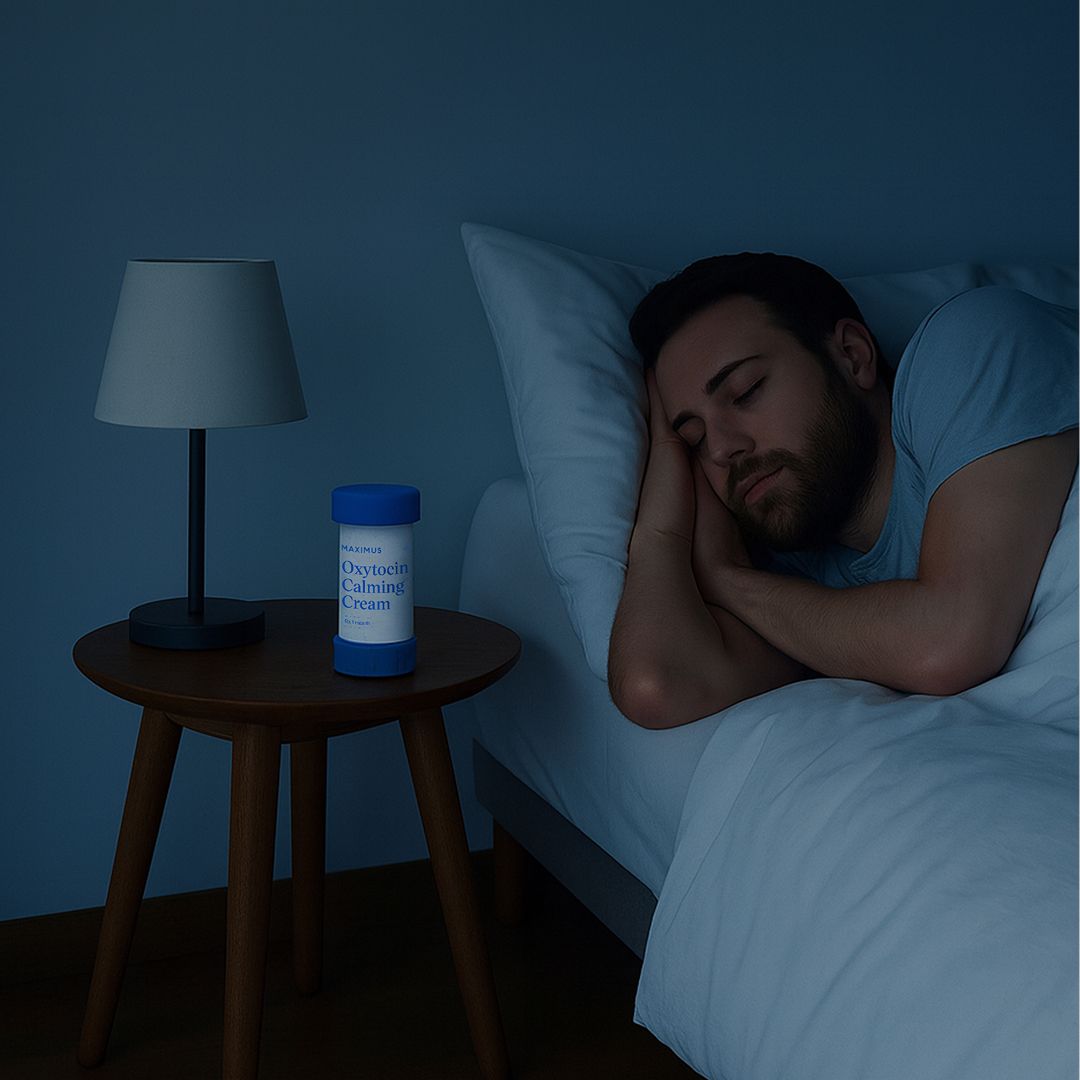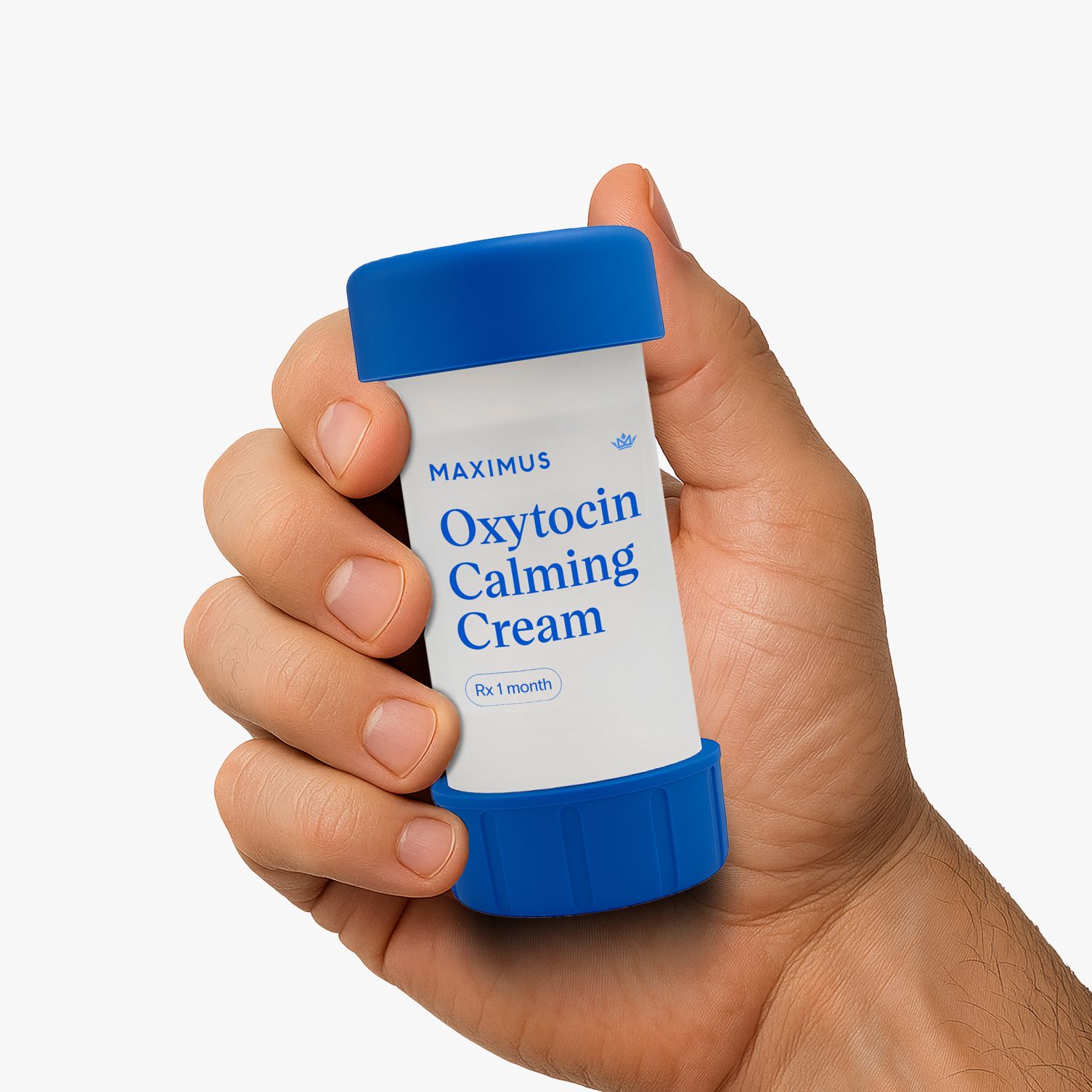Key takeaways:
- Erectile dysfunction (ED) is more prevalent than many might think — it’s estimated that it affects 30 million men in the U.S. alone.
- Erectile dysfunction can happen for various reasons, such as physical issues like low testosterone, side effects from prescription medications, and mental health challenges like low self-esteem.
- If you think you might have erectile dysfunction, see a doctor for a full assessment. They might recommend switching up medications, making changes to your health and lifestyle, or trying erectile dysfunction therapies that can improve blood flow.
You’ve likely experienced trouble getting an erection — or maintaining one — at some point in your life. You might even think it’s not a big deal. In reality, that depends. If you find that you’re struggling to get or maintain an erection more than one in every four times, it’s probably time to get in touch with your healthcare provider to find out what’s going on.
Erectile dysfunction (ED), or impotence, is the inability to achieve or keep erection that can sustain you for the time you want it to during sex. While the topic is often joked about in some men’s circles, chances are, erection problems are more common than you might think.
How common exactly? Well, It’s estimated that erectile dysfunction affects about 30 million men in the United States. It’s also more likely to happen as you get older.
It’s important to understand that ongoing instances of ED have nothing to do with a man’s level of masculinity or how attracted he is to his partner. It’s also nothing to be embarrassed about. Often, erectile dysfunction is a symptom of another health-related issue.
Read on to learn more about the causes of erectile dysfunction, as well as the symptoms to be aware of, and when to get in touch with a doctor.
Common symptoms of erectile dysfunction
If you have erectile dysfunction, you might experience signs and symptoms like:
- Difficulty achieving an erection, including only being able to get an erection sometimes.
- Being completely unable to get an erection.
- Trouble maintaining an erection during intercourse.
- Only being able to maintain an erection when you have lots of stimulation.
Causes of erectile dysfunction
Arousal is … complicated, to say the least. If you’re having trouble getting or maintaining erections, this could be for a lot of reasons related to your hormones, emotions, brain, and different aspects of your physical body. Erectile dysfunction can have many different causes, including physical issues like low testosterone, medication side effects, and mental health challenges like low self-esteem. Here are some of the physical and mental causes of ED. Keep in mind that erectile dysfunction might not be caused by one specific factor, but a combination of factors.
Physical causes of ED
Some physical reasons you’re experiencing erectile dysfunction could be age-related changes, your alcohol consumption, that smoking habit you’ve been meaning to kick, as well as serious health issues, like diabetes, obesity, or something else your physician can find with an exam and a blood test. . Here are some things your doctor might ask about and screen you for to get to the bottom of what’s causing your ED.
- Low testosterone: Low testosterone can make it more challenging to get an erection and can also be a factor behind a lackluster sex drive. Research shows as many as 35% of men with erectile dysfunction also have low testosterone — but it’s rarely the only contributing factor.
- Type 2 diabetes: Poorly managed diabetes has a big impact on the body’s vascular system and blood flow. Research shows that erectile dysfunction is two to three times more likely to develop in men who have diabetes than in men who don’t have diabetes.
- High blood pressure: High blood pressure can damage the walls of arteries, reducing blood flow to the penis. Additionally, erectile dysfunction can sometimes occur as a side effect of medications people take to treat high blood pressure.
- Smoking: Smoking can damage the heart and other blood vessels. Research shows that quitting smoking can lead to improvements in erectile function. In one study, people experienced a 25% improvement in erectile quality a year after quitting smoking.
- High alcohol intake: Researchers aren’t sure of the exact reason for this, but someone who drinks a lot of alcohol is more likely to experience ED compared to someone who doesn’t drink heavily.
- Multiple sclerosis: It’s said that about 70 percent of men who have MS experience erectile problems. This isn’t always because of the MS — it can be a side effect of medications used to treat MS, or related to another health condition.
- Some prostate cancer treatments: Sometimes people experience ED following radiation therapy or surgery for prostate cancer.
- Some injuries: Sometimes, when people injure their penis, pelvis, bladder, prostate, or spinal cord, this can get in the way of proper erectile functioning.
- Obesity: Someone who is overweight or obese can be more likely to experience ED Research shows that men with obesity are 50% more likely to experience ED than men who are of normal weight — the good news is, around 33% of men with ED who took part in a weight loss program were able to resolve their symptoms within two years.
Medications that can cause ED
It’s important to tell your doctor about all of the medications you’re on. This is because quite a few medications have side effects that include erectile dysfunction. Some medications that can contribute to ED include:
- Some medications used to treat prostate cancer
- Antidepressants
- Blood pressure medications
- Prescription sedatives or tranquilizers
- Appetite suppressants
- Some ulcer medications
Mental health issues that can cause ED
When psychological factors come into play with ED, it can be referred to as nonorganic erectile dysfunction or psychogenic impotence. Basically, it’s when impotence is driven by psychological factors rather than physical problems with your equipment. Stress, depression, changes in your relationships, or other psychological issues that are plaguing your thoughts and feelings can all play a role.
Here are some psychological factors that can contribute to ED:
- Fear of sexual failure or of not satisfying your partner: Plenty of guys have feared coming too quickly before their partner is satisfied. But, if it’s an ongoing issue, stressing about that can cause impotence.
- Feeling guilty about sexual performance or certain sexual activities: You might be wondering if your partner is having as much fun as you are, or feel self-conscious trying new positions or introducing something new into your sex life. That could play a part in ED.
- Low self-esteem: If you don’t feel great about your body, financial status, career, or self-worth in general, the repercussions of being hard on yourself (ha) can play out in the bedroom.
- Putting too much pressure on sex: This might be more likely to come up if you and your partner are trying for a baby. Or, if your partner has a higher sex drive than you and is “ready to go” when you’re spent.
- Negative feelings in the relationship: Sure, some couples have hot sex after fighting, but if you and your partner aren’t communicating or in a healthy relationship, it could impact erections and your ability to perform.
- Stress: You might feel stressed about your sexual performance, or stress in your life in general, like over a big work project you need to complete.
How do you know if you have ED?
It can be tough to know whether you’re experiencing true erectile dysfunction or a different problem related to your sexual health. This is where a comprehensive exam from a medical professional comes in. Consider seeing a doctor if you’re worried about your erections, are experiencing other sexual problems, or you are experiencing other symptoms related to erectile dysfunction.
A thorough evaluation by your doctor can help determine if you have erectile dysfunction and may even help to pinpoint some of the factors that are causing the issue.
The physician will likely do a physical exam, run blood and urine tests, ask questions, conduct a psychological exam, do an ultrasound, and walk through potential causes based on your physical health or mental health. Once they have a better understanding of what’s causing your erectile dysfunction, they can come up with a treatment plan.
Disclaimer: The contents of this article, including, but not limited to, text, graphics, images, and other information, is for information purposes only and does not constitute medical advice. The information contained herein is not a substitute for and should never be relied upon for professional medical advice. The content is not meant to be complete or exhaustive or to be applicable to any specific individual's medical condition. You should consult a licensed healthcare professional before starting any health protocol and seek the advice of your physician or other medical professional if you have questions or concerns about a medical condition. Always talk to your doctor about the risks and benefits of any treatment. Never disregard or delay seeking professional medical advice or treatment because of something you have read on this site. Maximus does not recommend, endorse, or make any representation about the efficacy, appropriateness, or suitability of any specific test, products, procedures, treatments, services, opinions, healthcare providers or other information contained herein. Maximus is not responsible for, nor will they bear any liability for, the content provided herein or any actions or outcomes resulting from or related to its use.





